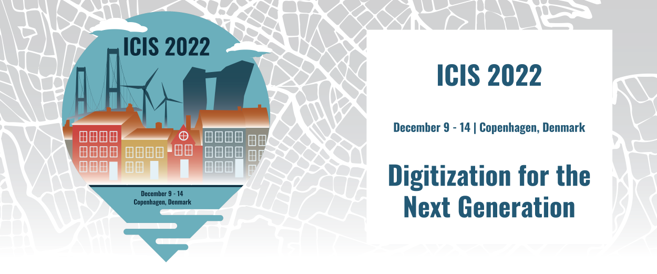Loading...
Paper Number
1741
Paper Type
Complete
Description
Although social networking sites (SNS) users often share positive emotions in the content posted online, their satisfaction with SNS and intention to continue using it vary greatly across users. We argue that a key to addressing this puzzle is how content creators up-regulate their emotions on SNS. Building on emotion regulation theory and belongingness theory, we characterize digital emotion regulation in two ways (i.e., positive shift and emotional labor) and propose a dual-pathway model that involves two self-views. By constructing three complementary studies, we find that it is emotional labor, rather than positive shift, that drives a user’s sense of belonging through anticipated self-enhancement (i.e., communal self-view) and felt authenticity (i.e., authentic self-view) and explains the varying outcomes. Our findings reveal the benefits of deep acting and countervailing effects of surface acting. The present research provides important theoretical and practical implications.
Recommended Citation
Xu, Zheyi; Yin, Dezhi (Denny); and Kong, Dejun, "The Journey to Self: An Intra-personal Perspective of Emotion Regulation on Social Networking Sites" (2022). ICIS 2022 Proceedings. 7.
https://aisel.aisnet.org/icis2022/user_behaivor/user_behaivor/7
The Journey to Self: An Intra-personal Perspective of Emotion Regulation on Social Networking Sites
Although social networking sites (SNS) users often share positive emotions in the content posted online, their satisfaction with SNS and intention to continue using it vary greatly across users. We argue that a key to addressing this puzzle is how content creators up-regulate their emotions on SNS. Building on emotion regulation theory and belongingness theory, we characterize digital emotion regulation in two ways (i.e., positive shift and emotional labor) and propose a dual-pathway model that involves two self-views. By constructing three complementary studies, we find that it is emotional labor, rather than positive shift, that drives a user’s sense of belonging through anticipated self-enhancement (i.e., communal self-view) and felt authenticity (i.e., authentic self-view) and explains the varying outcomes. Our findings reveal the benefits of deep acting and countervailing effects of surface acting. The present research provides important theoretical and practical implications.
When commenting on articles, please be friendly, welcoming, respectful and abide by the AIS eLibrary Discussion Thread Code of Conduct posted here.



Comments
19-UserBehavior